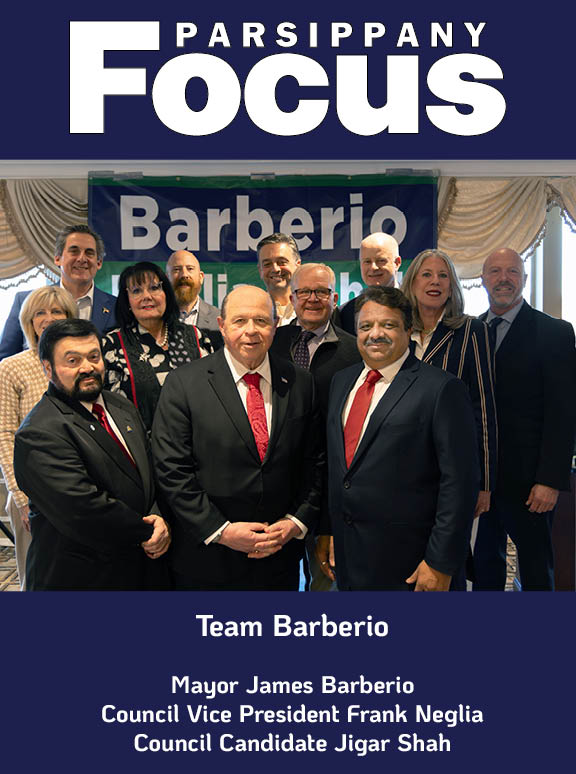MORRIS COUNTY — The New Jersey Supreme Court ruled unanimously in a landmark decision that Gannett Satellite Information Network, LLC, the owner of many of New Jersey’s largest newspapers as well as the USA Today, is not entitled to attorney’s fees in a lawsuit they filed to obtain Internal Affairs records from Neptune Township for a police officer who was convicted of violently murdering his ex-wife.
Even though Gannett was entitled to the records under what is known to lawyers and public records requestors as the “common law right of access,” the Appellate Division had previously held in the same case that they were personnel records that are not subject to disclosure under the Open Public Records Act (“OPRA”).
The OPRA statute defines government records and informs municipal clerks and other custodians what records must be disclosed and what records, like personnel files, are exempt. OPRA also provides that a requestor who prevails in any proceeding is entitled to statutory attorney fees.
In contrast, the common law right of public access is undefined and requires the custodian of records to consider a balancing test with many complex factors, which is a difficult assignment for a judge, much less a non-attorney like most municipal clerks and other government records custodians.
Counsel for Neptune Township, Jonathan F. Cohen, of Plosia Cohen LLC in Chester, explained that “unlike the Open Public Records Act, the common law right of public access is subject to the American Rule, which means that each side generally bears the cost of their attorney.” The issue of whether fees are available in these types of cases, in which records are available under the common law but not OPRA, has been in controversy since 2008 when the Supreme Court issued its decision in Mason v. City of Hoboken, which established how attorney’s fees were to be determined in OPRA cases and left an open issue as to whether common law fees might be similarly available.
Cohen said, “Today the Supreme Court closed the door on the availability of common law fees, thereby saving New Jersey taxpayers untold funds which would otherwise go to attorneys who have made a cottage industry suing municipalities and other public entities for records.” Cohen, who has represented Parsippany and many other Morris County municipalities over the past several years, celebrated his second win for a municipal client at the Supreme Court. Cohen stated that he and his client were “pleased that the New Jersey Supreme Court once again got it right and struck the proper balance between the public interest in obtaining documents and the government interest in protecting taxpayer funds from opportunistic attorneys.” As noted by Cohen, Gannett could fund this litigation and hired one of New Jersey’s most prestigious law firms for the case. There is no reason New Jersey taxpayers should be left holding the bag if a court disagrees with a municipal clerk or records custodian on something as complicated as the common law right of the access balancing test.
Click here to download the syllabus of the case.
















